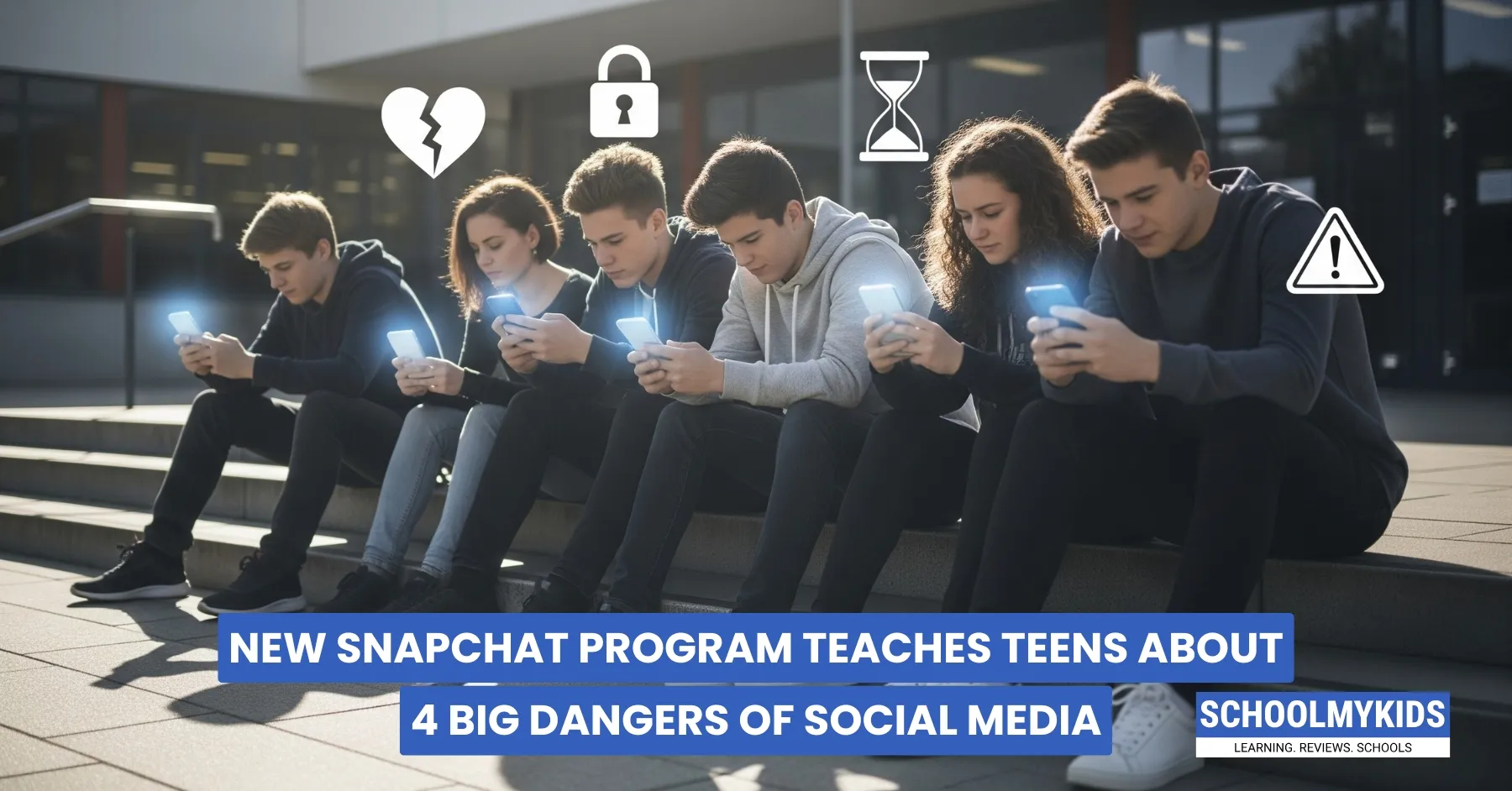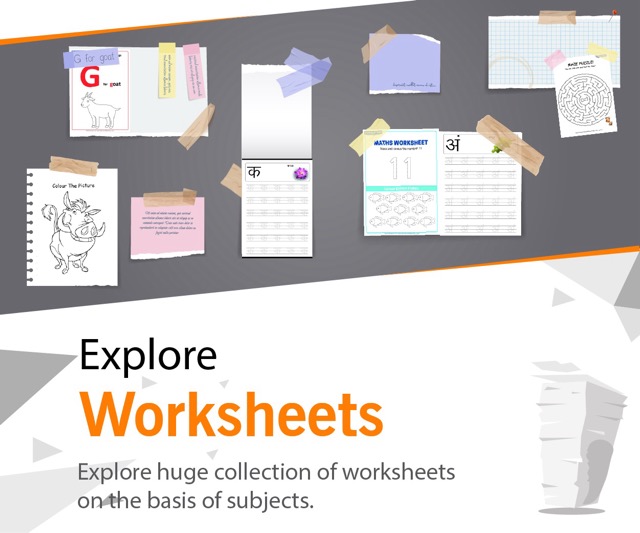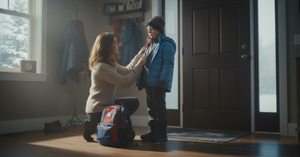Telling teens to "just be safe online" is like telling someone to "just drive carefully" without ever showing them how brakes work. It sounds good, but it doesn't actually help when things get scary.
That's exactly why Snapchat just launched something pretty different. It's called "The Keys: A Guide to Digital Safety," and it's about time someone did this. Think of it like driver's ed, but for the internet. You don't just learn the rules; you actually practice what to do when things go wrong.
What Makes This Different?
There are tons of "be safe online" talks out there. Parents give them. Schools give them. But most of them just say "don't talk to strangers" and call it a day. The Keys actually shows teens what real dangerous situations look like and walks them through handling it step-by-step.
The program takes about 45 minutes and covers four major dangers that teens actually face online. Not theoretical stuff; real problems that are happening right now.
The 4 Big Dangers Teens Need to Know About
1. Bullying and Harassment: This isn't just mean comments. Online bullying can follow you everywhere—home, school, even your bedroom. The program teaches teens how to recognize when things cross the line from annoying to actually harmful, and what to do about it.
2. Illicit Drug Activity and Fentanyl Poisoning: Dealers are selling drugs through social media, and sometimes what looks like a regular pill contains deadly fentanyl. Teens learn how to spot these dangerous situations and avoid getting caught up in something that could literally kill them.
3. Nude and Intimate Images: Whether it's pressure from a boyfriend/girlfriend or just bad judgment, sharing intimate photos can backfire badly. The program talks about the emotional and legal consequences and how to handle pressure from others.
4. Sextortion: This is when someone threatens to share your private photos unless you send more or pay them money. It's more common than you'd think, and it's terrifying. The Keys teaches teens how these scams work and what to do if it happens to them.
How It Actually Works
Instead of just lecturing, The Keys uses videos, interactive exercises, and realistic scenarios. Teens watch what a situation might look like, think about how they'd respond, and then learn the best ways to handle it.
You can do the whole thing in one sitting or break it up. There's no test at the end; it's just about learning and practicing.
The program has two parts. Part one covers those four big dangers across all social media platforms. Part two focuses specifically on Snapchat's safety features, like how to report someone, block users, and adjust your privacy settings.
Why Parents Should Get Involved
Snapchat recommends teens do this WITH a parent or trusted adult. Not because teens can't handle it alone, but because these conversations are easier when you're not facing them for the first time during an actual crisis.
Parents, this is your chance to learn the same stuff your teen is learning. You'll understand what they're facing, what the platforms actually look like (let's face it, many parents have no idea), and you'll be ready to help if something bad happens.
Think of it as learning a common language. When your teen knows you understand these issues, they're way more likely to come to you for help instead of trying to handle everything alone.
Conclusion
Social media isn't going anywhere. Trying to keep teens off it completely is like trying to keep them from learning to drive; you can delay it, but eventually they need to learn how to do it safely.
The Keys isn't perfect, and it won't prevent every bad thing from happening online. But it's a start. It gives teens actual tools instead of just warnings. It shows them what danger looks like before they're in the middle of it.
Most importantly, it opens up conversations between teens and parents about stuff that's really hard to talk about. And sometimes, just knowing you're not alone in figuring this out makes all the difference.
The program is free and available now. Whether your teen uses Snapchat or not, the lessons apply to pretty much every platform out there. It's 45 minutes that could genuinely help keep them safer online.
And in a world where our kids are growing up on screens, that's time well spent.









Be the first one to comment on this story.